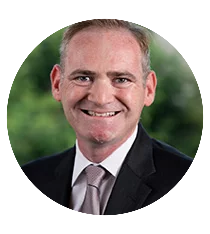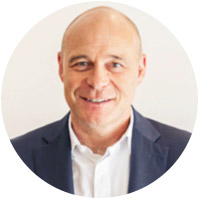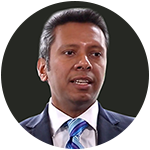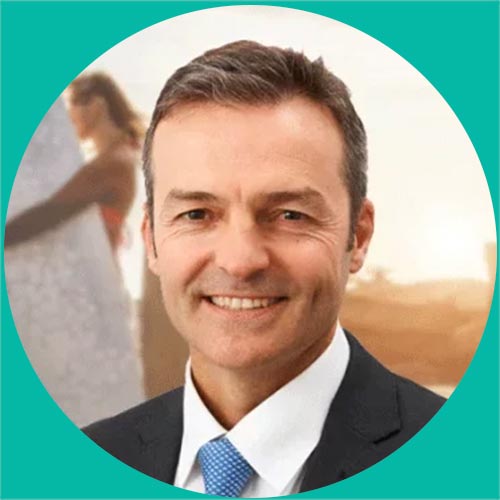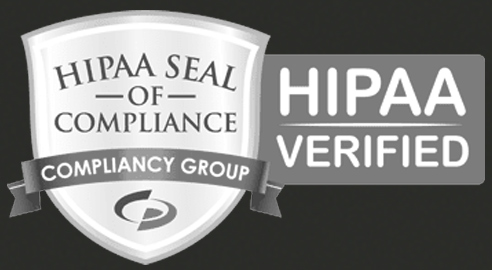Does your health care business have an entrepreneurial culture?
In our last post, we asked: what creates the difference between companies that excel at customer service and those that do not?
Is it the people you hire? Does it depend on where you do business? Is it tied to what you offer? Is it the customer service training you provide your staff?
Surely, all of these elements have an influence, but we believe that the main distinction between customer service “stars” and customer service “dogs” is their organisational culture.
The Inverted Pyramid you see above represents Nordstrom’s philosophy and their structure. You’ll notice that they place their customers at the top. This is followed by those who directly serve their customers—their salespeople and those who support them.
After that comes the levels of department managers, buyers, merchandise managers, store managers, regional managers, their executive team and their board of directors then support this group.
The Nordstrom company website says:
The Inverted Pyramid helps remind us that we need to value those closest to our customers. We work hard to make decisions in the best interest of our customers and those serving them.
Robert Spector, author of The Nordstrom Way: The inside story of America’s No. 1 Customer Service Company, refers to it as “setting employees free”:
“People will work hard,” said Jim Nordstrom “when they are given the freedom to do the job the way they think it should be done, when they treat customers the way they want to be treated. When you take away their incentive and start giving them rules, boom, you’ve killed their creativity.”
Of course, not everyone can succeed in this kind of culture. And, the culture needs systems on which to function appropriately.
Nordstrom focuses on hiring “nice people“, and teaches them what they need to know to succeed. Often, the less experience they have in the retail industry working for competitors, the better they tend to perform.
LiveseySolar, does exactly the same thing through our strength based recruiting system. We go a bit further than “nice” mind you; we select the top 3/32 strengths we’re looking for a in a team member, and find people who share those strengths.
Managers starts at the top of the pyramid (as salespeople or account managers) to learn what it takes to take care of the customer. This also sends a signal that management values the role of the people who face the customer every day.
This strategy poses an interesting question: If any new hire doesn’t succeed in front of customers, how can you promote them to manage those who are expected to succeed in front of customers?
You may agree that the inverse pyramid model is a good model for health care. But it’s important to understand the implications:
- Are you prepared to empower your front-line employees (not just doctors, but technicians, advisers, administrators, assistants and receptionists) to make decisions that affect the customer?
- Do you trust them enough to know the difference between a good decision and a poor one?
- Are you prepared to live with the decisions they make?
If you said “no” to any of the above questions, then you may want to revisit your hiring and assessment practices.
How is it that you don’t trust your employees enough to empower them? Was it a hiring mistake? Do your employees trust you, or have you eroded their trust? Have your standards gone slack as you drag along dead weight?
Most health care business owners today want their employees to work as hard and as smart as they do. Yes? That’s an entrepreneurial culture, and most of us would agree that a culture like that is what is required to best serve the customer.
This is Nordstrom’s only rule: “Use good judgment in all situations.” That’s it!
How many private healthcare practices, clinics and hospitals enjoy an entrepreneurial culture? We can probably count them on one hand.
If you have one, tell us and we’ll talk and write about you because you are truly remarkable. Before you do, consider that an entrepreneurial culture cannot exist without:
- a sense of ownership in the “lowest” person on the totem pole
- decentralised authority to do what’s right and in the right way
- a close link between performance and recognition / reward
- an honest recognition of where one “is” in comparison to where one “ought to be”
- a genuine focus on goal setting
- valuing that together we can acheive more than by ourselves
If the “lowest” staff member on the totem pole can honestly say:
- “My employer’s name may be on my paycheck, but I am paid by my customer.”
- “I have the lattitude to make my own decisions when it comes to customer care.”
- “I know I will never be criticised for taking care of the customer, I will only be criticised if I don’t take care of the customer.”
- “I am not perfect, but I know what I’m good at and I know what I can do better.”
- “Setting and acheiving goals is fun – when I achieve them I pat myself on the back, and when I don’t I try harder next time.”
- “If I one day choose to go into business for myself, I will know what it takes to be successful.”
then you may have entrepreneurial culture.
Want to find out if you have an entrepreneurial culture? We challenge you to ask your receptionist to rate their agreement on a scale of 1 to 10 to the statements above.
If they rate a high level of agreement to these statements, you can bet they probably feel on top of an inverted pyramid. If they don’t agree, then they probably feel like they are at the bottom of the pyramid, which is indeed where they are, just slightly above your customers…
Related Posts
Meet our Co-Founders
We’re passionate about helping leaders of high-quality, growth-minded practice owners double their practice revenue
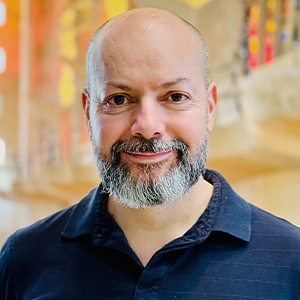
Rod Solar
Founder & Scalable Business Advisor
For over 20 years, I’ve helped ophthalmology entrepreneurs scale their private practices. I specialise in doubling revenue within three years by offering a proven framework, hands-on experience, and a team of experts who implement what works. We take the guesswork out of growth and scale, so you can focus on delivering exceptional patient care while maximising the value of your business.
LiveseySolar completely transformed the way we were approaching this… We’ve gone from having just the dream of having a practice to having a practice up and running with people making inquiries and booking for procedures… It’s extremely pleasing. We feel lucky we connected with LiveseySolar.
— Dr Matthew Russell, MBChB, FRANZCO, specialist ophthalmic surgeon and founder of VSON and OKKO
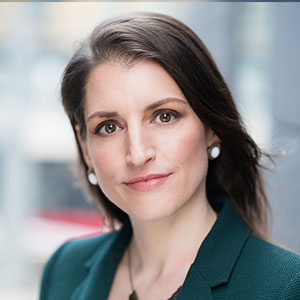
Laura Livesey
Founder & CEO
I’m the co-founder & CEO of LiveseySolar. I’ve developed powerful eye surgery marketing systems that increase patient volumes and profits for doctors, clinics, and hospitals, since 1997.
Rod and Laura know as much about marketing surgery to patients as I know about performing it. They are an expert in the field of laser eye surgery marketing. They know this industry inside out. I believe that they could help many companies in a variety of areas including marketing materials, sales training and marketing support for doctors.
— Prof. Dan Reinstein, MD MA FRSC DABO, founder of the London Vision Clinic, UK


